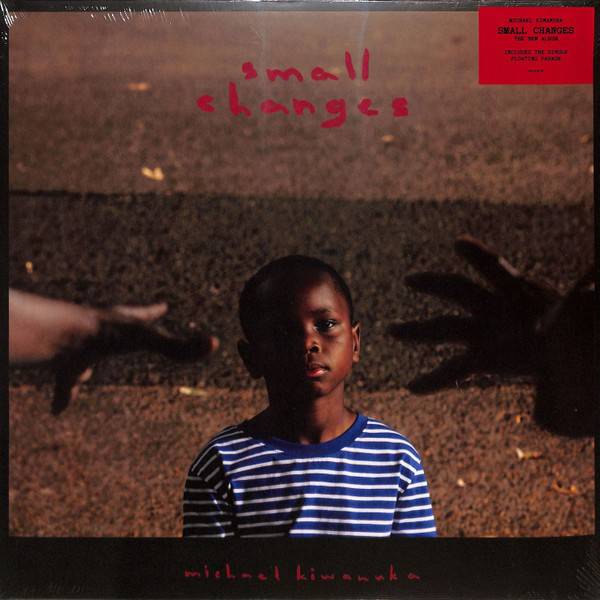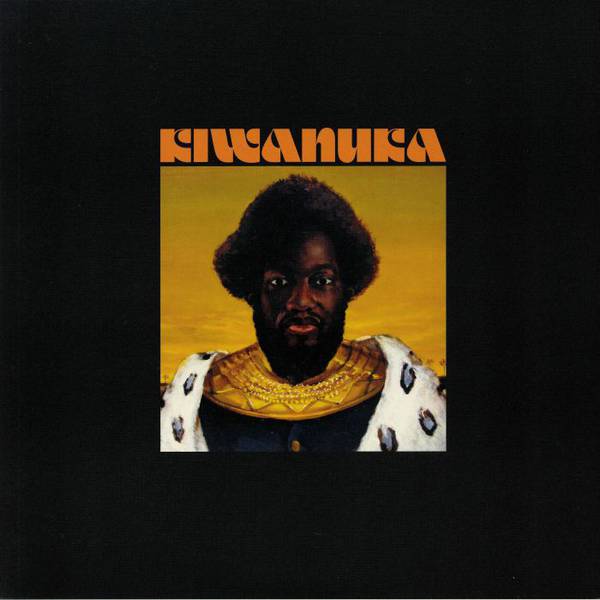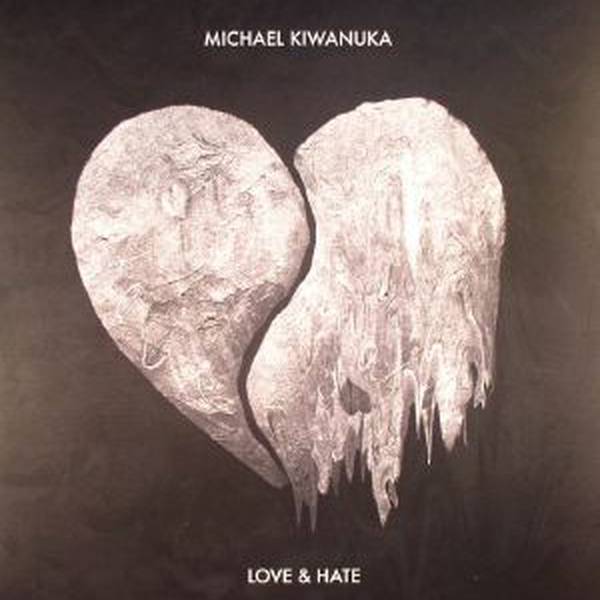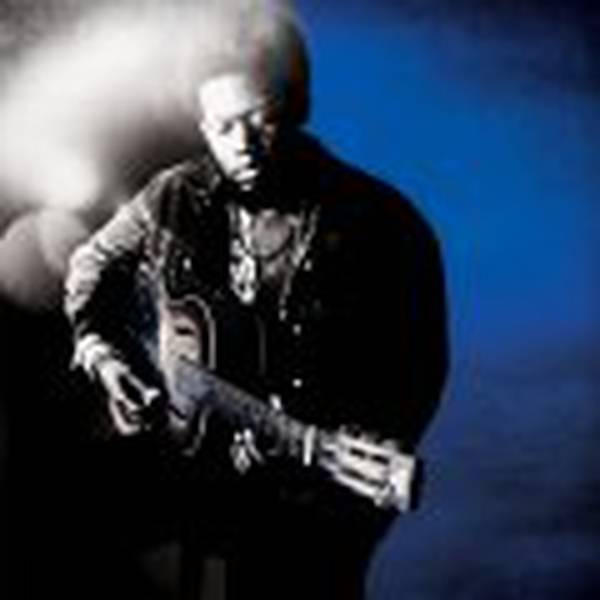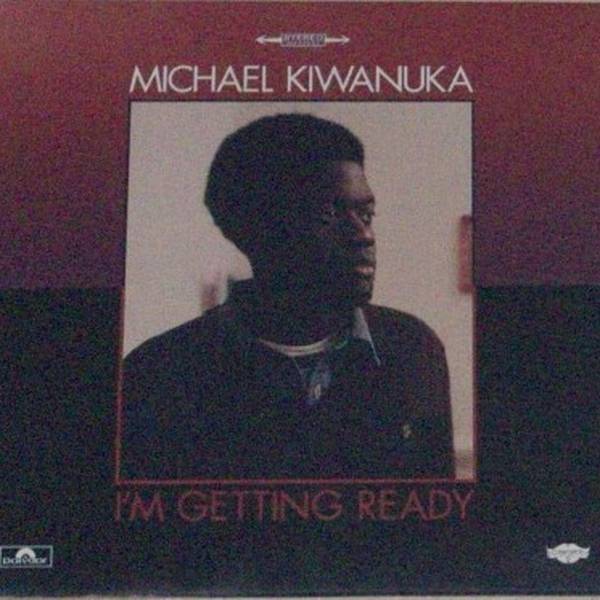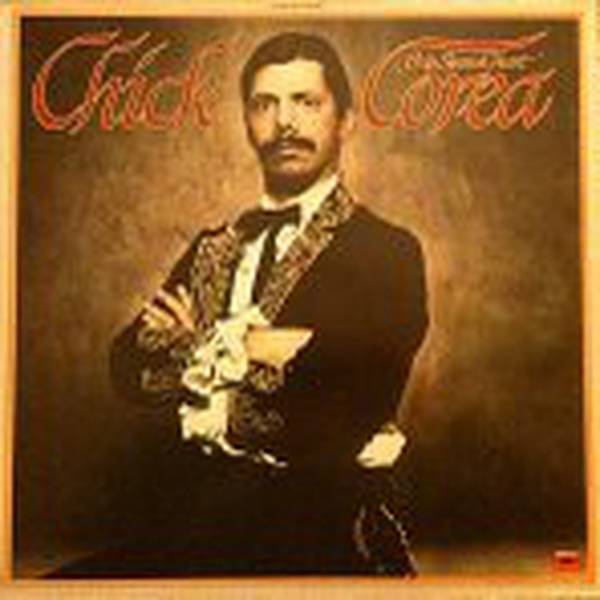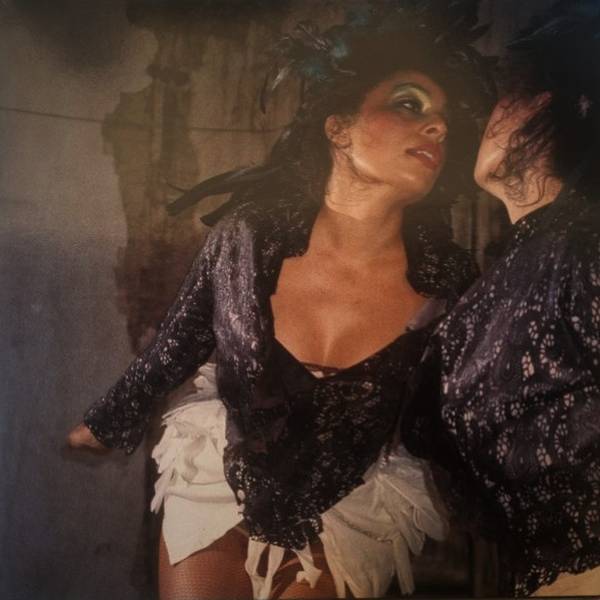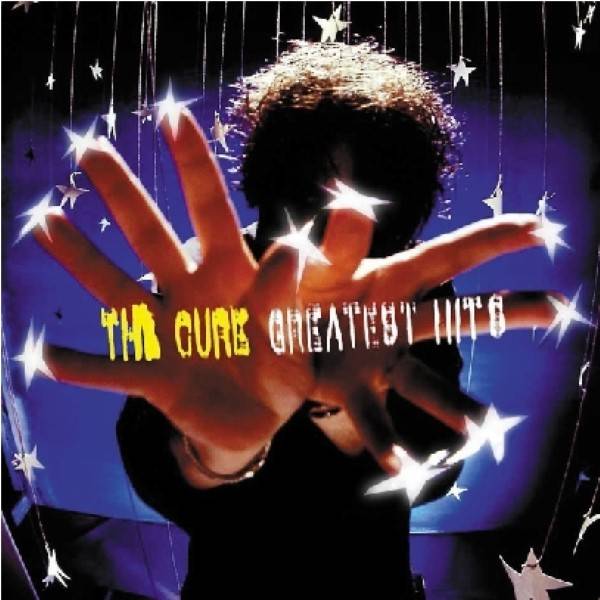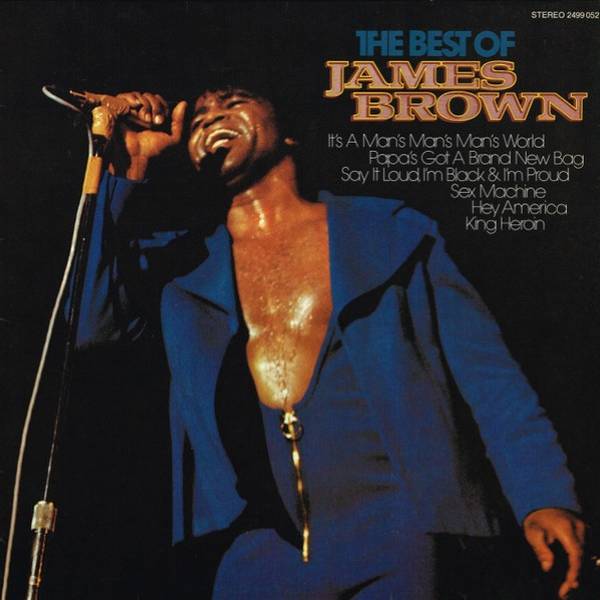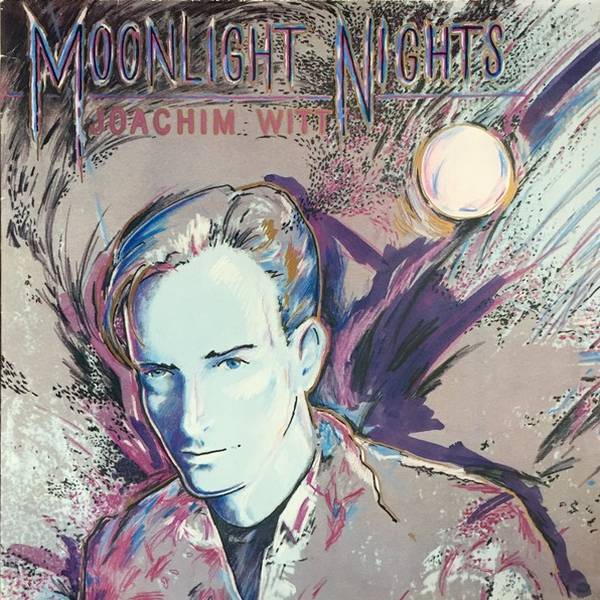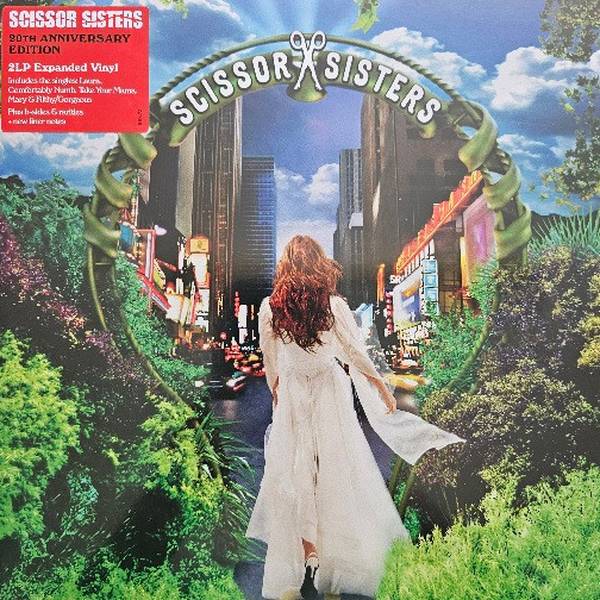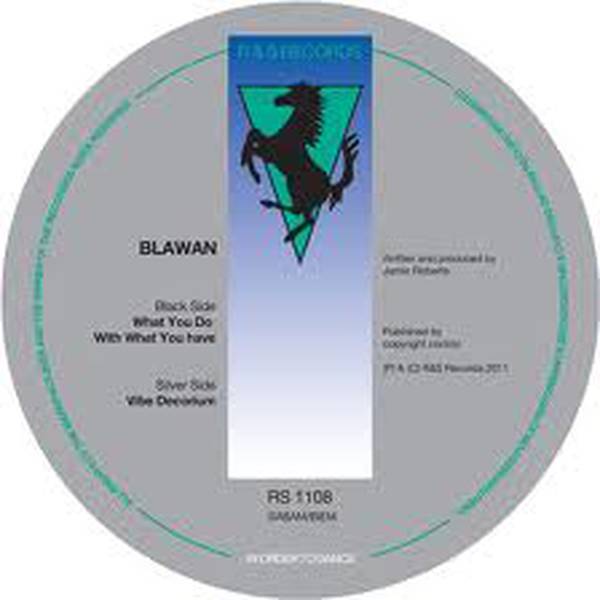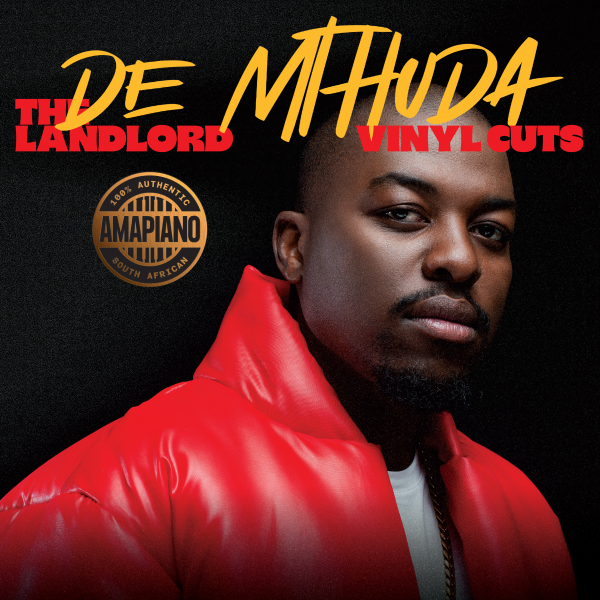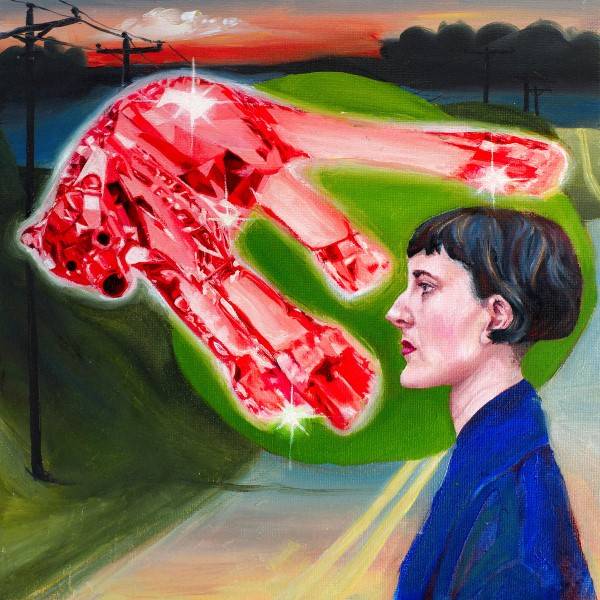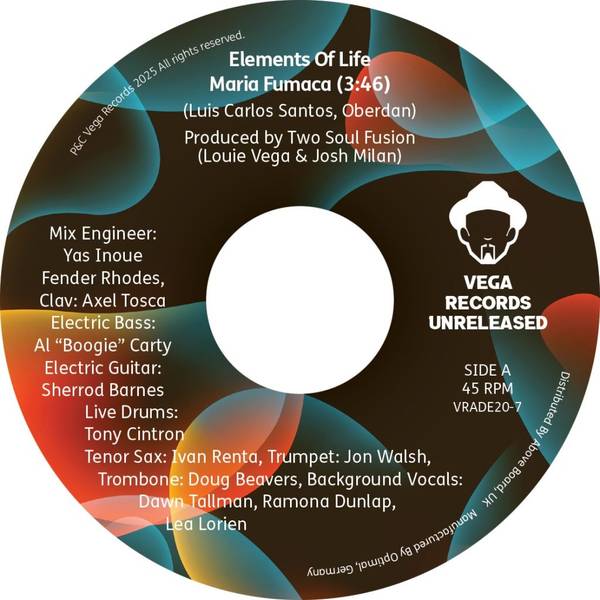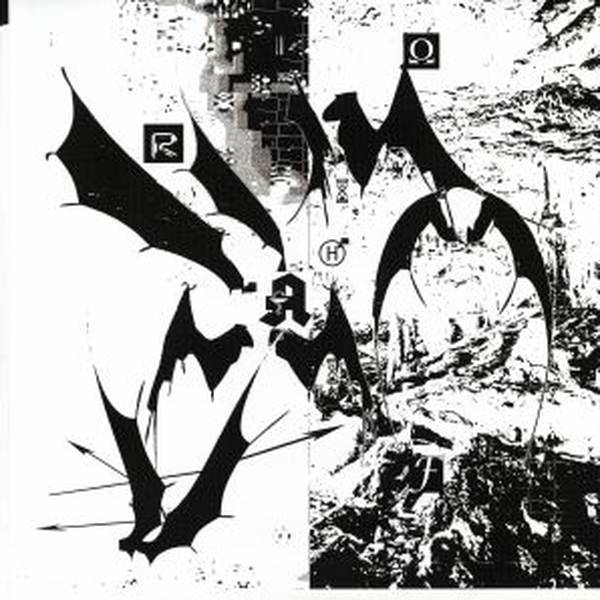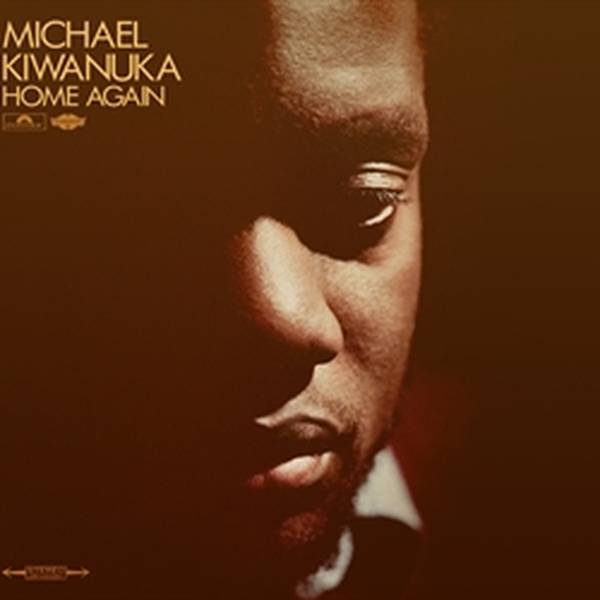
Tax included, Shipping not included
Few records make such an instant impression as Home Again, the debut album by Michael Kiwanuka. Immersing the listener in a sound that is both modern and at the same time as familiar as the classics, it manages to strike the balance between being contemporary and somehow utterly timeless.
“I just wanted to make a record that, when someone puts it on, it takes them to a certain place,” says the 25-year-old north Londoner. “I wanted it to have the lush-sounding instrumentation and feel of older records, to be warm and peaceful and put the listener in this little world, which is rich with vibes and sounds and colours.”
For Kiwanuka, key musical touchstones include Marvin Gaye, Otis Redding, Bob Dylan, Paul Simon, Shuggie Otis, Roberta Flack’s First Take, Bill Withers’ Live At Carnegie Hall and D’Angelo’s modern soul landmark Voodoo. Citing the latter album in particular as Exhibit A in refuting suggestions that his listening tastes are rooted exclusively in the 1970s, Kiwanuka calmly shrugs off any “retro” accusations that might be levelled at his music.
“The truth is there was no intention behind any of it,” he states. “There was no intention for my voice to sound old. The songs come out like they do because I like the sound of stuff like that. I didn’t start writing songs to get a record deal. I wrote songs to express myself and they ended up sounding old.”
Moreover, given the fact that he was born in 1986, to Kiwanuka’s impressionable young ears, even the music of the past was fresh to him. “To me, those records sounded new,” he says. “Growing up, I didn’t have records at home. I didn’t even know any Beatles albums. For me, it was all completely brand new music, even though it was recorded decades ago.”
Born in Muswell Hill to Ugandan émigré parents, Michael Kiwanuka was brought up in a home from which music was largely absent, with his first introduction to rock (Nirvana, Radiohead) arriving at the same time as he began to hang with the skater kids in the north London suburb during his early teenage years. Later coming across a soul compilation album given away with a music monthly, he was enthralled by the sound of Otis Redding’s studio talkback discussions with his engineer while recording an outtake version of (Sittin’ On) The Dock Of The Bay. From this point on, he resolved to make music that sounded raw and authentic.
As a guitarist, however, the session work that Kiwanuka managed to find in his early career as a musician was entirely in the urban genre, notably with Bashy and Chipmunk. While he says he learned much from these experiences, it chiefly taught him that his musical passions lay elsewhere. “My head was in other music,” he admits, “so this was just a means to get there. It forced me to try and write my own songs because I didn’t feel this other stuff in my heart.”
Though deeply into soul and jazz, he found real inspiration in the cross-pollination of the two styles with folk in the music of Bill Withers. “Bill Withers was very rootsy and earthy,” he points out, “but people branded him as a soul singer. To me, he was a folk artist. So that encouraged me to keep going, ‘cause I didn’t know where I would fit in as a black guy with an acoustic guitar.”
In beginning to perform on the acoustic circuit around London, Kiwanuka quickly attracted interest and made connections, not least with his current manager who in turn garnered the attention of Communion Records, the label that in 2011 released the singer’s first two acclaimed EPs, Tell Me A Tale and I’m Getting Ready.
Both of these EPs – as with Home Again – were produced by Paul Butler (The Bees) in his vintage equipment-stuffed basement studio at his house in Ventnor on the Isle Of Wight. Together the pair played almost every instrument to be heard on the album, with Butler’s remarkably intimate, detailed productions – adorned with everything from flute to brass to sitar to aching strings – perfectly matching Kiwanuka’s visions for his songs. “The way we made the record was very modern,” the singer points out. “There was loads of editing. We manipulated it to get exactly what we wanted.”
From the opening bars of the stirring Tell Me A Tale, it is instantly clear that Home Again is a very special album. While its more upbeat characteristics are embodied in the Prince Buster-like loping of the lovelorn but irresistibly catchy Bones and the rolling soul groove of I’ll Get Along, elsewhere it proves itself to be a record of real stripped-down beauty. In I Won’t Lie, with its gospel-infused echoes of The Staples Singers, Kiwanuka offers something akin to a modern spiritual, while in Rest he turns in a tender “love lullaby” and in Always Waiting, he blends classical elements with the confessional intimacy of Roberta Flack.
It is with the title track of Home Again, however, that Michael Kiwanuka feels the record’s sounds and themes are ultimately encapsulated. “That’s the song that really for me ties everything together,” he says. “It’s one of the earliest songs I wrote for the album and even though I progressed and changed stuff in the studio, it was the one I could never throw away. Like a lot of them, it’s a hopeful song. I use home as the metaphor for contentment and peace within.”
Other parts of the record, on the other hand, find Kiwanuka struggling for peace of mind and using his songs as a form of self-empowerment, not least in the soulful I’m Getting Ready, the darker, unburdening Any Day Will Do Fine and the self-explanatory Worry Walks Beside Me. “It can really paralyse you, if you worry too much,” the singer admits. “I do tend to overthink things. All of these songs are me talking to myself, really. Trying to encourage myself to believe.”
Details
Release Date
09.03.2012
Cat No
2797133
Produkt- und Herstellerinformationen
